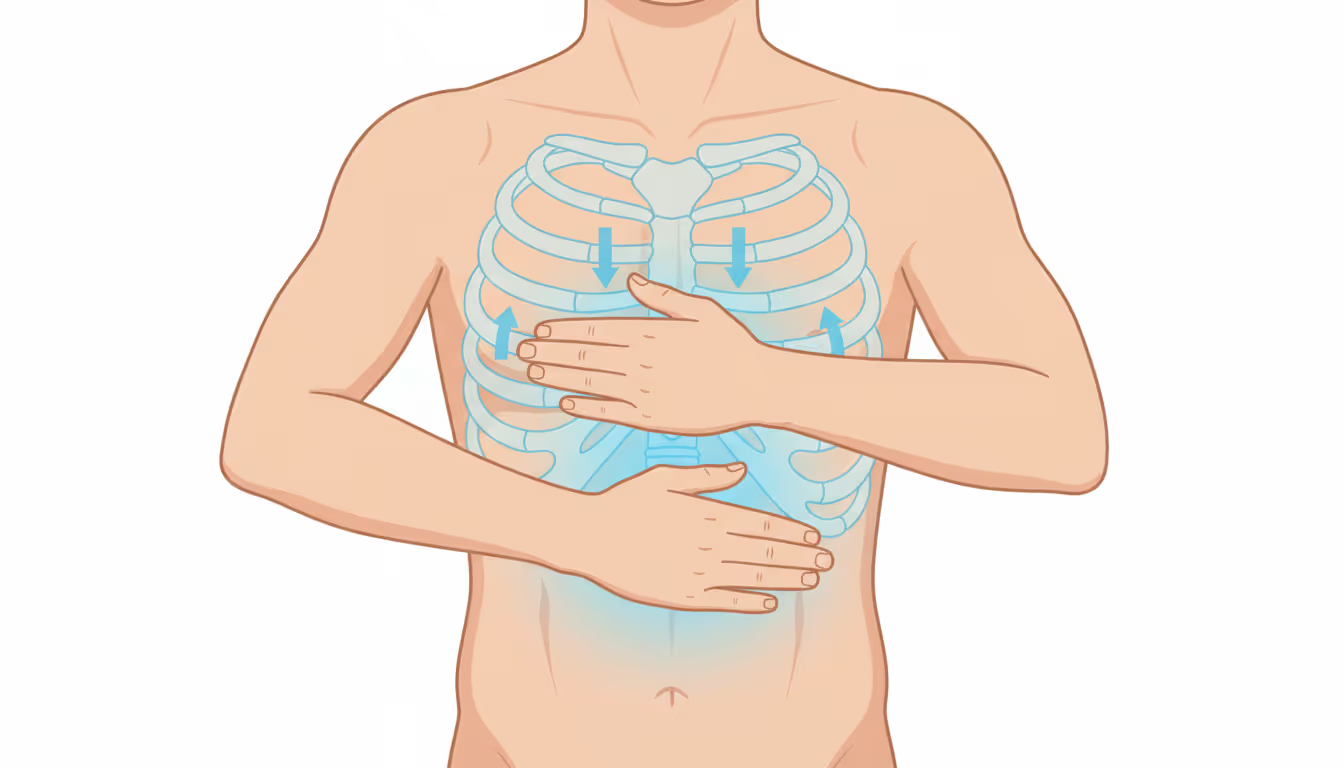
The seven-day measles, also known as rubeola, is a highly infectious viral illness characterized by fever, cough, sore eyes, and a widespread skin rash. This potentially serious disease can lead to complications such as ear infections, seizures, and even death. It may also cause a sudden drop in blood platelet levels, leading to severe bleeding, or result in a chronic brain condition known as subacute sclerosing panencephalitis, which can arise months or years after the initial infection. For pregnant women, contracting measles can lead to miscarriages or premature births. Fortunately, the disease can be prevented through vaccination. Measles is sometimes referred to as hard measles and is also known by various names based on its perceived duration, such as the seven-day, eight-day, or ten-day measles, as well as morbilli. The term "measles" originates from the Middle English word "maselen," meaning many little spots, which describes the rash associated with the illness.




